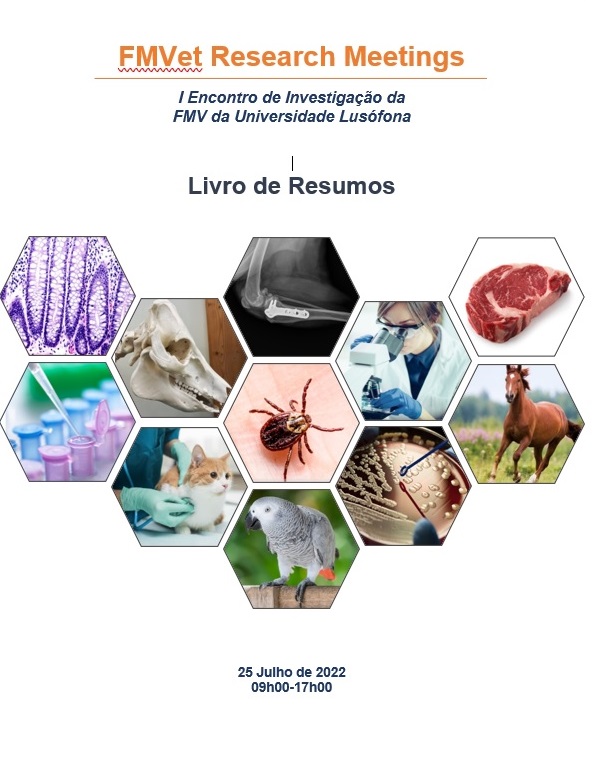Transdisciplinary development of a bovine surgery simulator
Resumo
The global increase of veterinary students, the growing demands for high standards in educational quality, and the biosecurity and physical risks have led many veterinary education establishments to use models to simulate clinical procedures. Traditionally, teaching clinical areas of medicine starts with the explanation of fundamental theoretical concepts, followed by application in a real clinical context using live animals. Large numbers of students may interfere with animal welfare, decrease the opportunity for direct animal contact and diminish educational quality. Model simulation allows "learning by doing" and the development of practical skills in scenarios that resemble reality, without the need for live animals, and therefore brings safety and practical training regardless of the number of students. To date, there is no bovine abdominal surgery simulator commercially available.
This work aims to develop a bovine abdominal surgery model simulator that supports practical training and to evaluate how this model can positively impact the learning process of veterinary students. The project is a ULHT transdisciplinary work of professors, technicians, and students from Veterinary Medicine, Computer Science, and Imaging. We will generate all the digital data needed for 3D printing of the model components, and the simulator will have materials of variable flexibility. In 2023/24, the model will be used in PCC II and CEP I classes. A questionnaire will assess teachers and students’ perception of the pedagogical experience using the model simulator, and practical tests will determine the level of clinical knowledge and skills acquisition.
Keywords: Veterinary, Teaching, Simulator, Bovine, Surgery.
Projeto submetido a Bolsa de Projeto Estratégico FMV-ULHT 2022.


